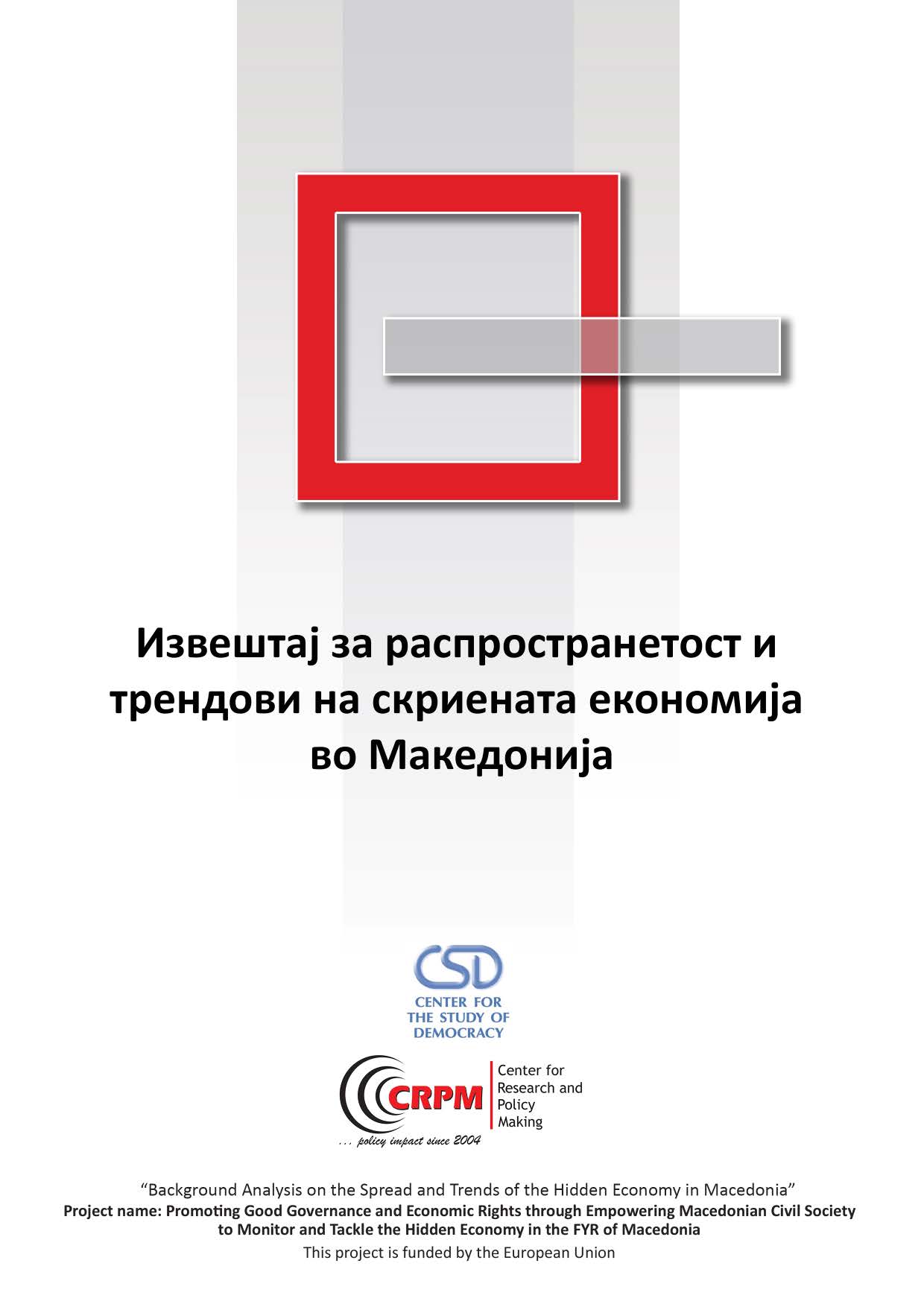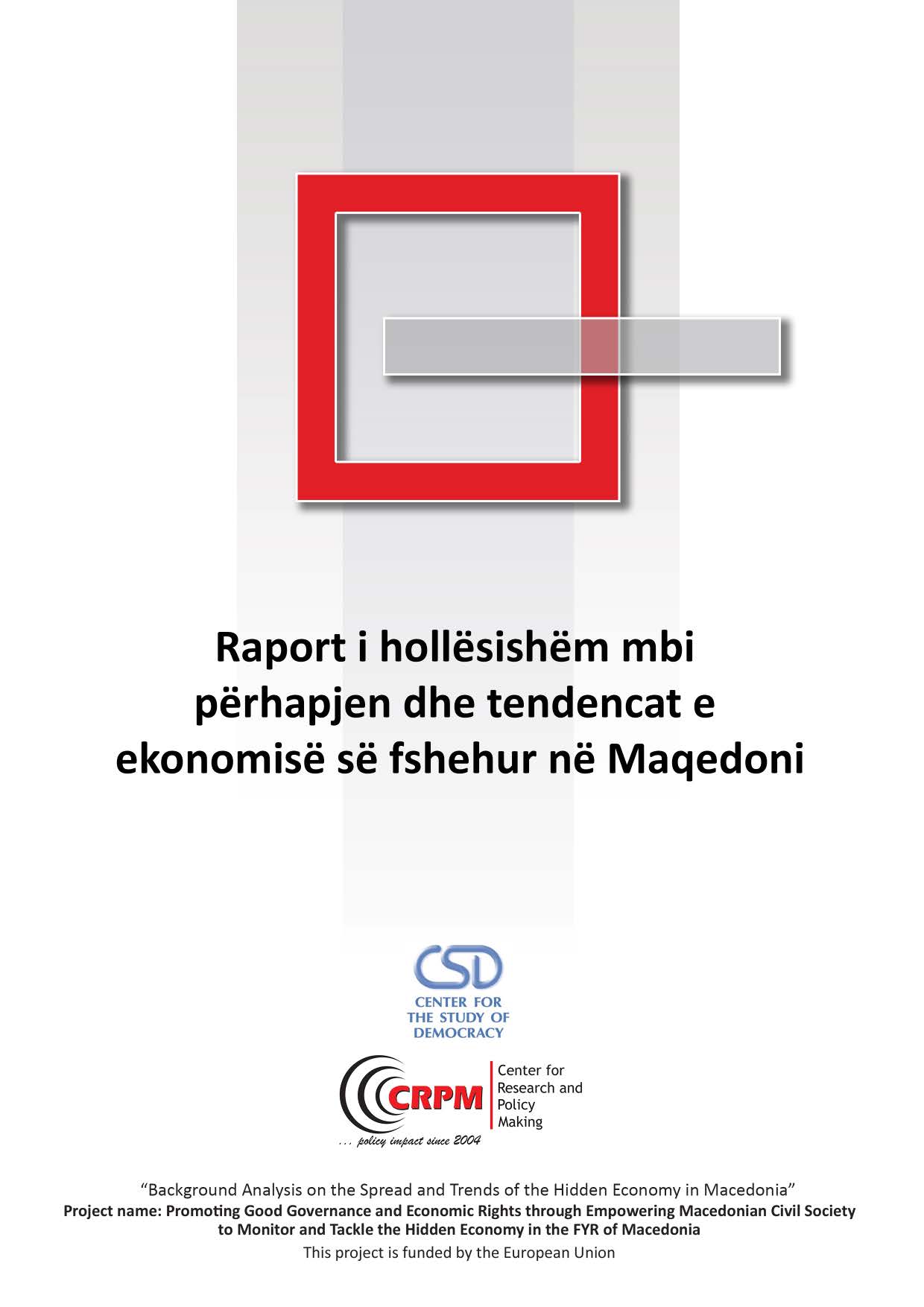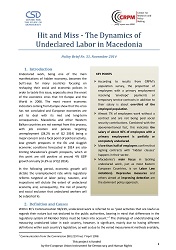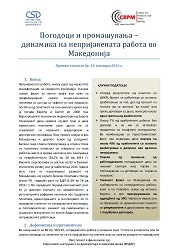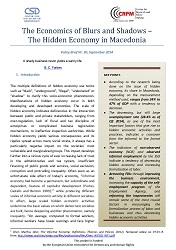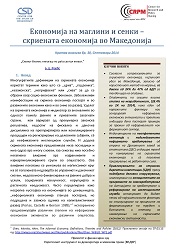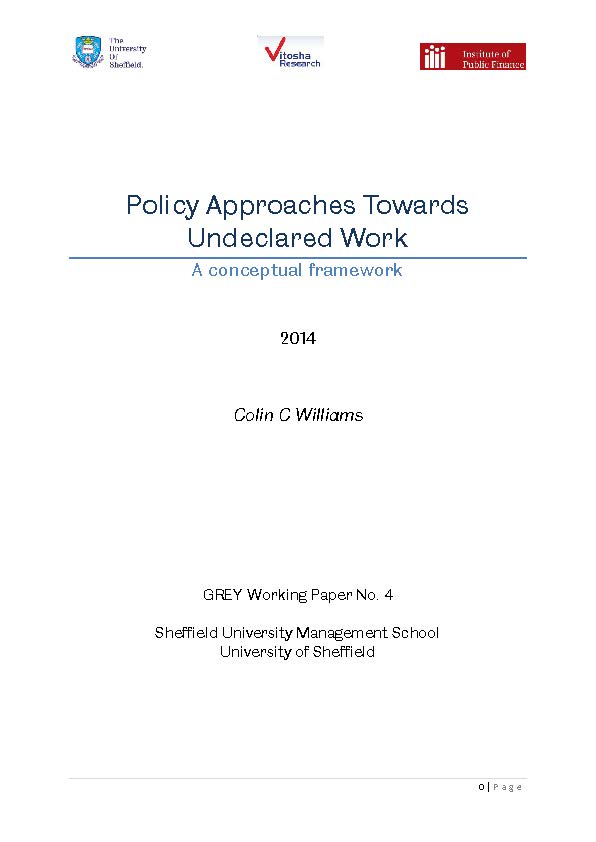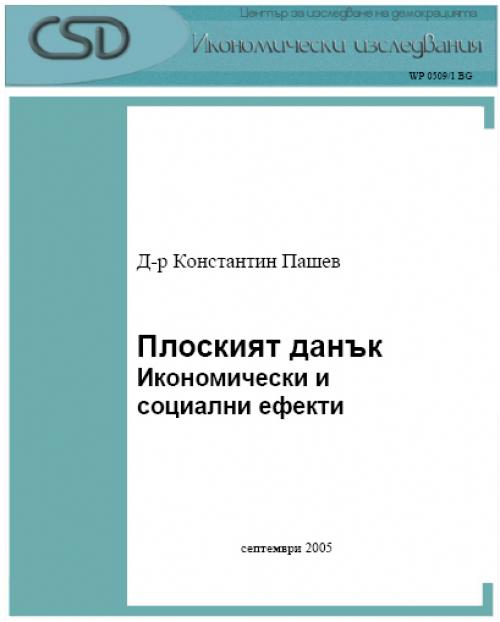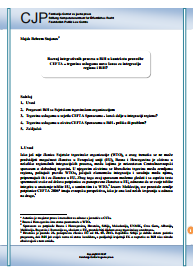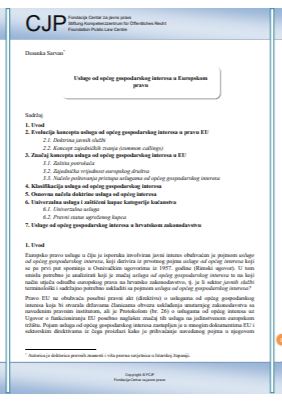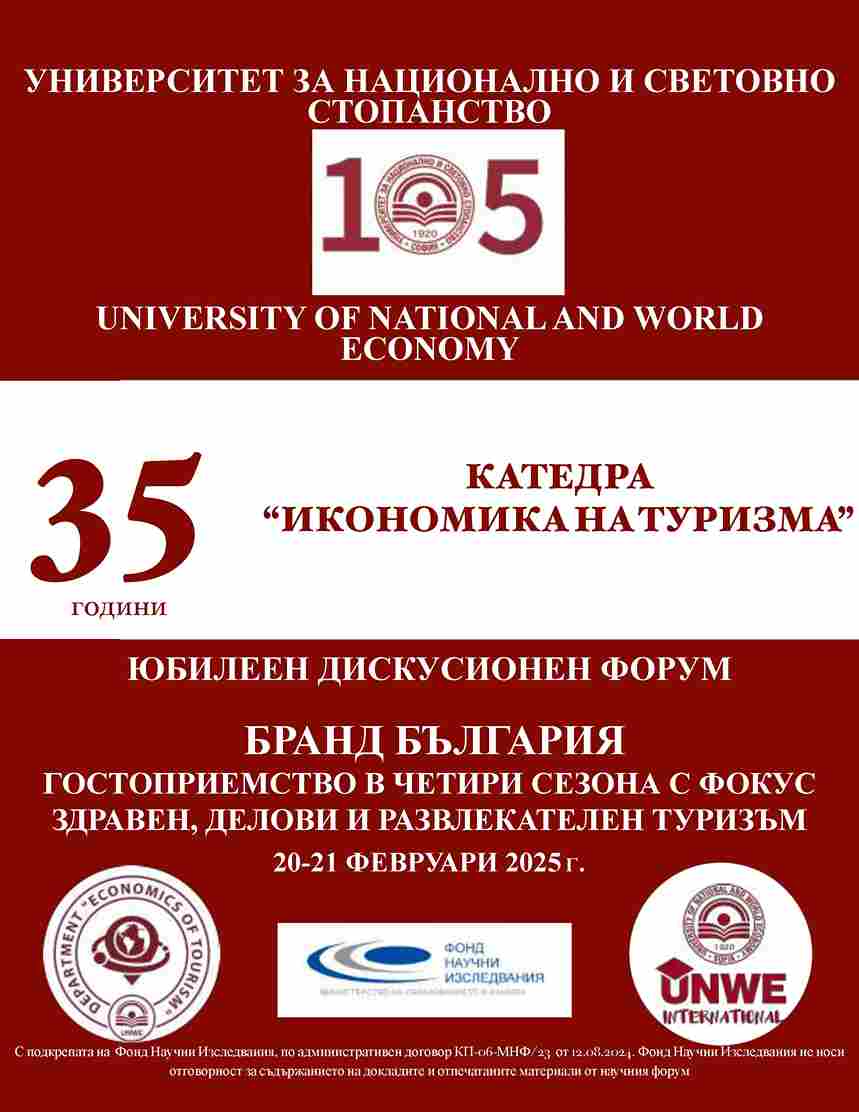Author(s): Majda Behrem Stojanov / Language(s): Bosnian
CEFTA sporazum pretpostavlja stvaranje boljih uslova za razvoj trgovine među državama potpisnicama, kao jedan od preduslova bržeg razvoja ekonomije ovih zemalja. Iako je uspostava zone slobodne trgovine otvorila tržišta zemalja članica i pružila nesumnjivo velike mogućnosti u ekonomskoj saradnji, ipak, stječe se dojam da je ova zona još uvijek daleko od potpuno funkcionalnog tržišta. Neujednačena brzina kojom zemlje napreduju na svom putu ka članstvu u EU i u WTO vodi do toga da se i ključni zakoni i reforme zakonodavstva odvijaju neujednačenom dinamikom, što je samo po sebi prepreka ka realizaciji ciljeva CEFTA u potpunosti. Uzmimo za primjer samo BiH, koju je Evropska komisija čekala skoro četiri godine da konačno usvoji Zakon o sistemu državne pomoći u Bosni i Hercegovini koji je usvojen u februaru 2012. godine. Nije mnogo bolja situacija ni sa sistemom javnih nabavki u BiH, koji, iako pravni institut, zapravo predstavlja itekako značajno ekonomsko pitanje. Iako je Zakon o javnim nabavkama u BiH usvojen još 2004. godine, potreba unaprijeđenja sistema javnih nabavki je definisana u svim dokumentima koji prate napredak reformi u BiH na putu ka EU. Evropska komisija u svom godišnjem Izvještaju o napretku BiH za 2012. godinu ukazuje da nije bilo značajnih pomaka u unapređenju ove oblasti. Treba li podsjećati kolike su mogućnosti za korupciju upravo u ovoj oblasti, a koja, takođe, utječe na narušavanje konkurencije, kako na domaćem, tako i na međunarodnom planu, što ugrožava vanjsku trgovinu BiH, posebno u oblasti pružanja usluga, koje su dobrim dijelom još uvijek u rukama monopola. Pored neujednačenosti dinamike reformskog puta svake države ponaosob, nameće se i problem koji se ogleda u opredjeljenosti država da se takmiče u izvoznoj moći jednih naprema drugih, dok je mogućnost saradnje kroz specijalizaciju privreda zbog zajedničkog nastupa na drugim tržištima, stječe se utisak, izostala. Privredni subjekti su daleko od uvezivanja zbog zajedničkog nastupa na tržištu, od čega bi najveću korist imali potrošači, dobivši kvalitetniju i jefitniju robu, te posebno uslugu. Mnogi pokazatelji o radu Parlamentarne skupštine i Vijeća ministara BiH potvrđuju tezu da BiH zaostaje za svim svojim susjedima po mnogim parametrima. Evropski zakoni, značajni za trgovinu, posebno za trgovinu uslugama, ne usvajaju se potrebnom brzinom. I dalje je prisutan trend po kojem se više zakona obara nego usvaja, usljed čega se stiče dojam da među političkim akterima BiH jednostavno nema ni volje, ni kapaciteta, da nastave reformske procese. Enitetska nadležnost, odnosno primat principa koordinacije naspram subordinacije, predstavlja problem, kako u osiguravanju jedinstvenog tržišta unutar BiH, tako i u vanjskotrgovinskim odnosima BiH. Ovo upućuje na tezu da upravo javne politike BiH zapravo koče ovu državu u njenom procesu trgovinske integracije, kako u regionalnom, tako i u svjetskim okvirima. Zbog ovog problema, BiH ima nove probleme u vidu prepreka koje joj stoje na putu u članstvo u WTO. Upravo su javne politike BiH te koje institucionalno djeluju na rascjepkavanje tržišta BiH, što svakako nije stimulativno za poslovni ambijent i djeluju negativno na širenje trgovine uslugama, koja je u BiH toliko neznatna da ju se čak ne uzima u obzir prilikom analize trgovine sa zemljama CEFTA Sporazuma. Očito je da je na vlastima BiH najveća odgovornost za nastavak reformskog puta i za integraciju tržišta BiH u evropsko i svjetsko. Neophodno je hitno okrenuti pravac djelovanja, a dovoljno je u tom smislu jedostavno pratiti susjede, ispuniti uslove koje pred nas stavlja EU, ne dozvoliti da u pitanje dođe Sporazum o stabilizaciji i pridruživanju, ne dozvoliti da budemo sankcionirani zbog jednostranih mjera u okviru CEFTA, te usvajati zakone koji će unaprijediti ekonomiju i konačno BiH okrenuti ka integrisanju u svjetske tokove, a ne u njenu dalju izolaciju.
More...
